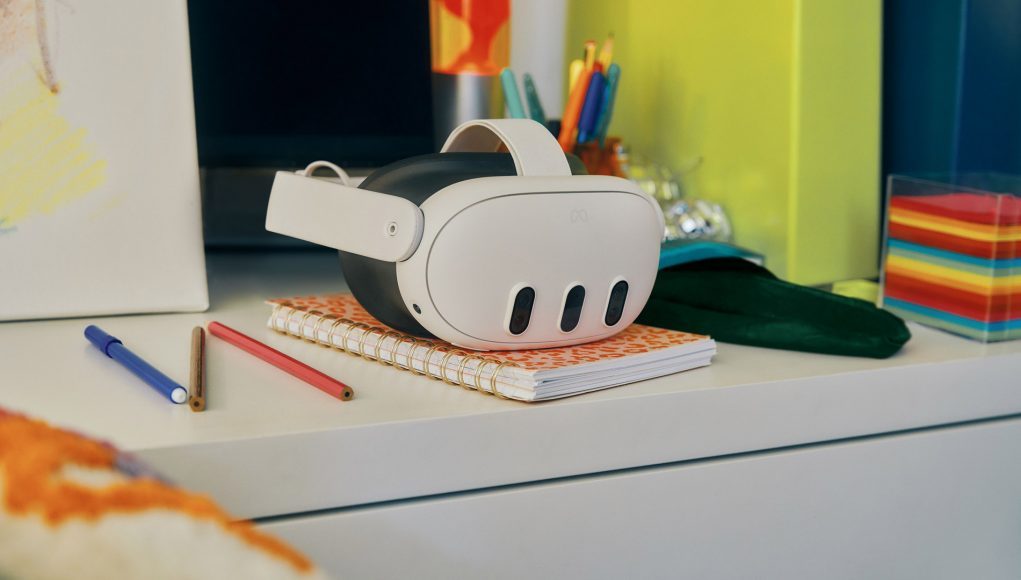Meta announced a new developer accelerator aimed at kickstarting ‘Lifestyle’ apps for Quest which make use of mixed reality, AI and hand-tracking.
Meta says in the announcement selected participants of its new ‘Meta Quest Lifestyle App Accelerator’ can apply for seed-stage grant funding, as well as product resources and mentoring from Meta and participating VC partners, which include a16z, Anorak Ventures, BITKRAFT Ventures, Boost VC, and Lightspeed.
“The program focuses on fun, delightful consumer experiences with novel, engaging, and retentive mechanics that leverage the unique capabilities of Meta Quest in emerging lifestyle categories such as Fashion, Beauty, Home Design, Shopping, Cooking, DIY, Arts & Crafts, and more,” the company says.
One such example cited by Meta is Zac Reid’s PianoVision, which uses mixed reality to teach users how to play piano.
Aimed at small teams, the six-month program will include three paid milestones to help teams prototype their concepts, as well as up to three Quest 3 dev kits for teams in supported countries. Notably, selected participants will retain full ownership of their IP, code, assets, design, and distribution rights, Meta says.
“We’re looking for founders who want to build companies dedicated to MR apps in Lifestyle categories that drive engagement with Meta Quest users. Whether your company has a long track record of publishing apps or is just getting off the ground, our Meta Quest Lifestyle App Accelerator could be a great fit if you’re working on a brand-new Meta Quest lifestyle app that is big enough to be a standalone business.”
Who shouldn’t apply: companies at Series B or later, and studios marketing activations, B2B apps targeting schools or professionals, video games, media consumption, fitness & wellness, or sports. Interested teams should check out the full eligibility requirements and developer FAQ first to make sure they qualify.
Submissions are now open, with the cut-off date scheduled for October 15th, 2024. Meta will select participating teams on December 31st, 2024, with the program officially running from December 2024 to May 2025.







